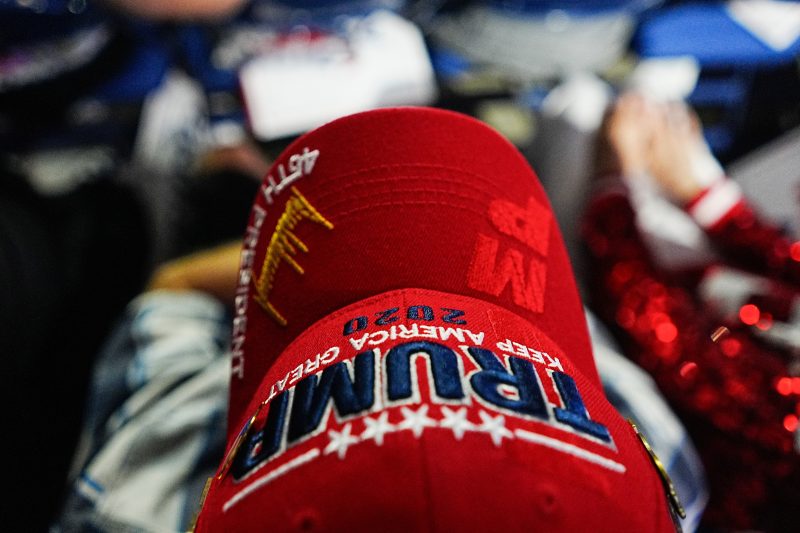
Debunked: Trump’s Baseless Claim About Poll Results Being Faked by the Media
The recent controversy surrounding the accusations made by former President Donald Trump regarding the media faking poll results has stirred up debates and discussions across various platforms. While Trump’s relentless attacks on the media are not new, his latest claim about fabricated poll results has raised eyebrows and generated skepticism among many. However, delving deeper into the issue reveals a complex web of dynamics that need to be carefully analyzed.
First and foremost, it is essential to acknowledge the historical context of Trump’s relationship with the media. Throughout his presidency and even before, Trump has consistently criticized mainstream media outlets, often labeling them as fake news and questioning their credibility. This pattern of attacking the media has become a hallmark of Trump’s political strategy, aimed at discrediting any negative coverage or unfavorable polls.
In the case of the alleged faked poll results, Trump’s assertion seems to be a strategic move to undermine the credibility of media outlets that have reported on his declining popularity or policy failures. By casting doubt on the accuracy and legitimacy of polls, Trump seeks to create a narrative that reinforces his own version of reality, one where he remains popular and successful despite what the polls may suggest.
However, it is crucial to distinguish between legitimate criticism of biased media coverage and baseless accusations of poll manipulation. While media bias is a valid concern that should be addressed through objective analysis and fact-checking, unsubstantiated claims of fake poll results only serve to further erode trust in media institutions and sow confusion among the public.
Moreover, the timing of Trump’s accusation is notable, as it comes at a time when his own political future is uncertain, with potential legal challenges and investigations looming. By deflecting attention towards the media, Trump attempts to divert scrutiny away from his own legal troubles and refocus the narrative on a familiar battleground where he has portrayed himself as the victim of unfair media attacks.
In conclusion, the controversy surrounding Trump’s claims of fake poll results by the media reflects a broader struggle over truth, credibility, and accountability in the realm of political discourse. While media outlets should strive for accuracy and objectivity in their reporting, public figures like Trump must also be held accountable for their statements and provide evidence to support their claims. In a polarized media landscape where trust is increasingly fragile, a commitment to transparency, integrity, and independent journalism is essential to safeguarding the truth and fostering a well-informed public.
